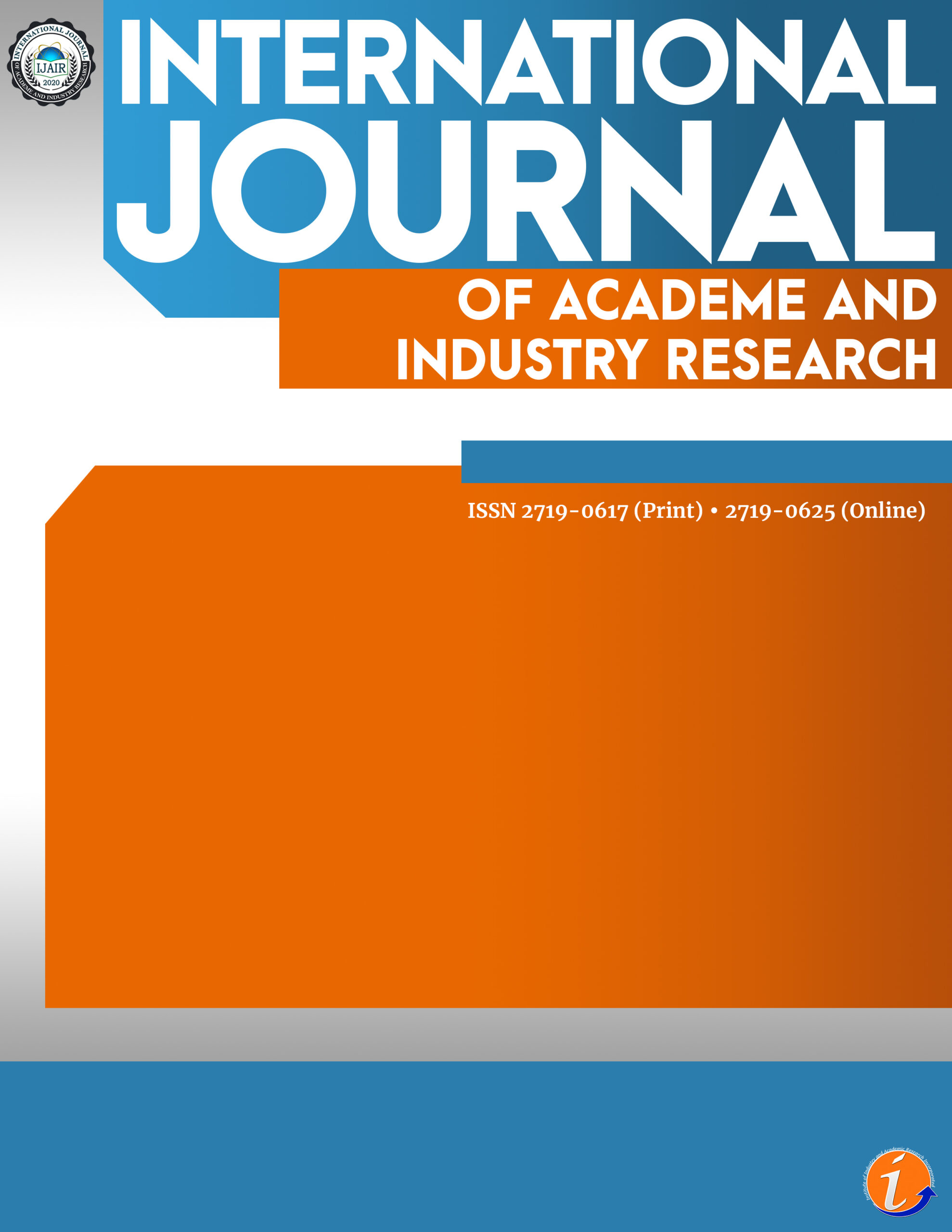This research deals with the role of the leisure industry and the implemented measures on safety and security towards the economic growth of the municipalities in the third district of Laguna Province in the Philippines. This study comprised 100 randomly selected samples from the seven municipalities. The statistical tools used were mean, standard deviation and t-test. The results of the study showed that the leisure industry as well as the implemented measures on safety and security contribute to the overall development of the municipalities which were measured in terms of employment, service and income. I was clear that the leisure industry generates more income than other industries which essentially helped improved funds of the municipalities. As the current study generated data from survey, the results are mere perceptions of the key stakeholders. Further studies are encouraged on the measurement of the actual income contribution of the industry to the municipalities.
leisure industry, revenue, services, quality, income
Madelon C. Briz. Instructor 1, Laguna State Polytechnic University- San Pablo City Campus
Agbor, J.M. (2011) The Relationship between Customer Satisfaction and Service. Umeå School of Business
Anser, M.K., Adeleye, B.N., Tabash, M.I., Tiwari, A.K. (2021) Services trade-ICT-tourism nexus in selected Asian countries:new evidence from panel data techniques. Current Issues in Tourism ), pages 1-16.
Azmat, G., Clemes M. (2021) Business Environment Effect on Business Visitor arrival to New to New Zealand. Current Issues in Tourism 24:17, pages 2445-2457
Bak, S., Min. C. & Roh, T. (2019) Impact of UNESCO-listed tangible and intangible Heritages on tourism. Journal of Travel & Tourism Marketing 36:8, pages 917-927
Ballada,W. (2014). Basic Accounting. DomDane Publishers.
Banhidi, M. & Flack, T. (2013). Changes In Leisure Industry In Europe. International Leisure Review 2 (2), 157-176, 2013. 1, 2013.
Bascom, C.R. (2016). From Economic Growth to Sustainable Development. The Sustainability Magazine.
Bopp, M., & Kaczynski, A. T. (2010). Leisure and becoming physically active. In L. Payne, G. Godbey, & B. Ainsworth (eds.), Leisure, health and wellness: Making the connection, pp. 133-146. State College, PA: Venture Publishing, Inc.
Chung-ki Min, Taek-seon Roh & Sangmee Bak (2016) Growth effects of leisure tourism and the level of economic development, Applied Economics, 48:1, 7-17, DOI: 10.1080/00036846.2015.1073838
Dayananda.K.C, & D.S.Leelavathi. (2016). Tourism Development and Economic Growth in India. Journal Of Humanities And Social Science, 21(11). doi:10.9790/0837-2111084349
Edginton, C.R. & Chen, P. (2014). Leisure as Transformation, 2nd Edition. Sagamore Publishing LLC
Hesmondhalgh, D. (2007) The Cultural Industries. Second Edition. London: Sage
Howkins, J. (2001) The Creative Economy: How People Make Money from Ideas. London: Allen Lane.
Kelly, K. (1998). New Rules for the New Economy: 10 Radical Strategies for a Connected World. Fourth Estate, London.
Khalil, S., Kakar, M.K. (2007), Role of tourism in economic growth: Empirical evidence from Pakistan economy. The Pakistan Development Review, 46(4), 985-995.
Kim, H.J., Chen, M., Jan, S. (2006), Tourism expansion and economic development: The case of Taiwan. Tourism Management, 27(5), 925-933.
Lau, G.T. & Chin, H. W. (2003). Trustworthiness of Salespeople in the Business-to-Business Market: The Five C’s. Journal of Business-to-Business Marketing 10, 1-33.
Lee, C., Chang, C.P. (2008), Tourism development and economic growth: A closer look at panels. Tourism Management, 29, 180-192.
Leitner, M.J. & Leitner, S.F. (2012). Leisure Enhancement. Sagamore Publishing LLC
Mandeep, K. & Nitasha, S. (2012). Growth and Development of Indian Tourism Industry. Journal of Hospitality Application and Research, Volume 7 Issue 2
Mankiw, N.G. (2011). Principles of Macroeconomics 4th Edition, Thomson SouthWestern
Mikalauskas, R. & Kaspariene, J. (2016). Holistic approach about leisure industry. Transformations in Business and Economics 15(2):723-740
Mill, R.C.(2017). Introduction To Restaurant Management: Customers Operation and Employment
Minwie, D. (2015). Leisure Sport Industry and Economic Development. Paper presented in the 3rd International Conference on Education, Management, Arts, Economics and Social Science (ICEMAESS 2015)
Norjanah M.B., , Mastura Jaafar & Diana Mohamad (2014) Perceptions of Local Communities on the Economic Impacts of Tourism Development in Langkawi, Malaysia. SHS Web of Conferences 12, 011
Novak, P. (2017). What Are The 4 Segments Of The Hospitality Industry. HospitalityNet. Available online at: https://www.hospitalitynet.org/
Orieqat, H., Saymeh, A.A.F. (2015), Is tourism a gene sector to Jordan’s GDP? International Journal of Development and Economic Sustainability, 3(5), 75-84.
Ozturk, I., Acaravci, A. (2009), On the causality between tourism growth and economic growth: Empirical evidence from Turkey. The Transylvanian Review of Administrative Sciences, 25E, 73-81.
Romer, P.M. (1990a), “Endogenous technological change”, Journal of Political Economy, Vol.98, Nº 5, pt. 2, pp. S71-S101.
Salleh, N. H. M., Othman, R., Sarmidi, T. (2011), An analysis of the relationships between tourism development and foreign direct investment: An empirical study in selected major asian countries, Int. Journal of Business and Social Science, 2, 250-257.
Sherman, F. (2019). Why Is the Location of a Business Important? Small Business. Chron Magazine.
Ukabuilu, E.N and Igbojekwe P.A (2015) Application of Tourism Economic Development Theories to the Attainment of Goals in Developing Tourism Sites in Cross River State Nigeria. Journal of Tourism, Hospitality and Sports. Vol.13, 2015
World travel and tourism council. (2019). Travel & Tourism Economic Impact. Retrieved from http://www2.unwto.org/annual-reports
Cite this article:
Briz, MC (2021). The role of leisure industry in municipal economic growth. International Journal of Academe and Industry Research, 2(4), 15-29. https://doi.org/10.53378/352081
License:
![]()
This work is licensed under a Creative Commons Attribution (CC BY 4.0) International License.










